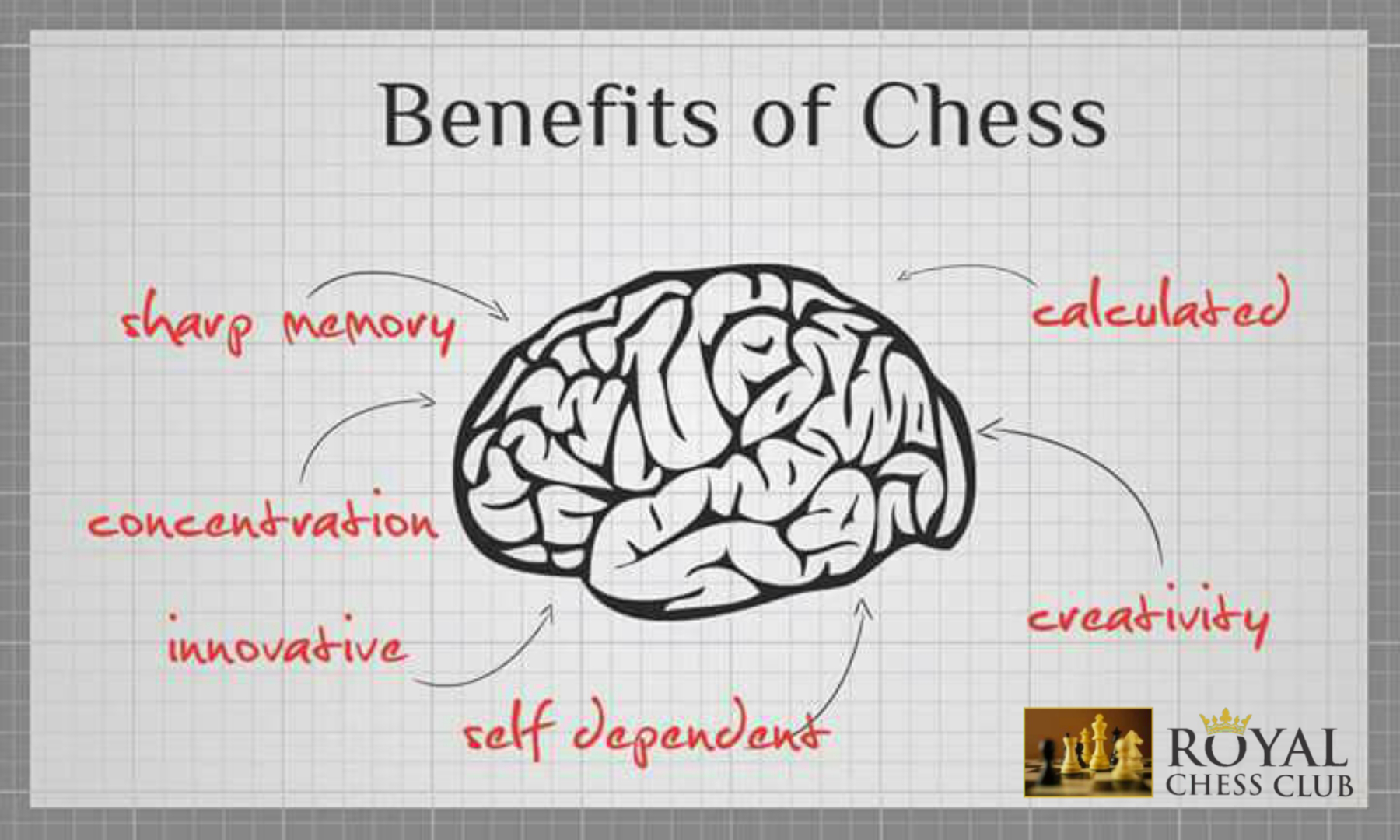ROYALS CHESS CLUB
VISION
Grooming a generation of chess champions through school chess clubs and discovering them early.
MISSION
Using chess as a tool to build a generation of creative thinkers and disciplined planners.
OBJECTIVE
To teach the principles of chess and how it applies to life and decision making.
